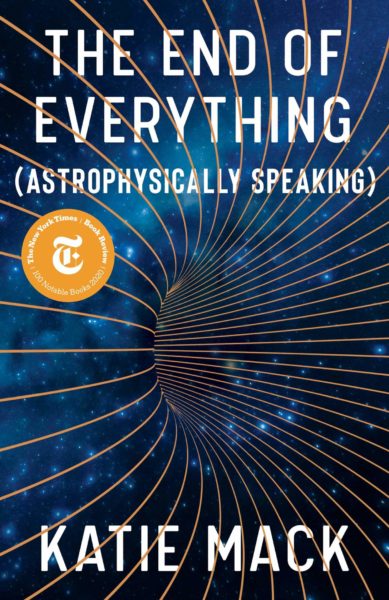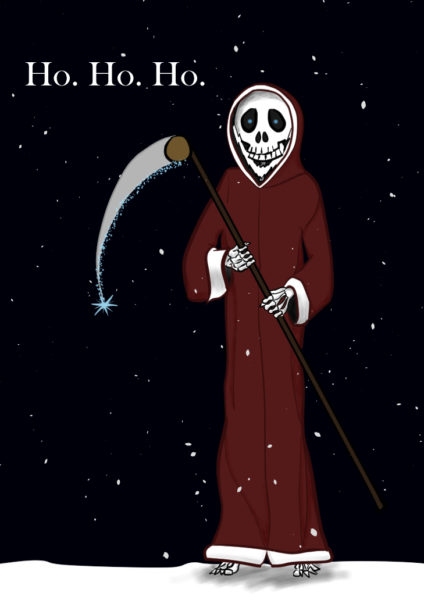Hey all! Some friends and I have been organizing a book club over on Bluesky, and I thought it would be fun to invite the folks here who want to join, and maybe do a parallel one here, if there’s enough interest. Our previous selections were Neuromancer and A Wizard of Earthsea; this time we’re going for something more modern. We’re picking the book with a bracket, and the voting is happening over there, so if you want a say, please participate! The brackets are vaguely based on subgenre/vibe. Here are the selections:
The polls to vote in are linked below that post, starting here. There are a lot of good options, and a lot that I haven’t read, so I’m hoping one of those wins. Or at least that Foundryside loses because I do not want to read that again. I think that you should be able to vote once without a Bluesky account, but I’m not 100% on that.
And with that out of the way, this can be an open thread. One possible topic: read any good books lately? I’m reading Authority by Jeff VanderMeer, the sequel to Annihilation, which was incredible. It’s… fine so far. Much more normal. I think I’d be enjoying it more if not for the comparison. Next I’ll be rereading Alfred Bester’s The Stars My Destination, in the original American serialization–my dad got me the 1956-57 back issues of Galaxy for Christmas.
Sci-fi/Fantasy Book Club, Anyone? (Open Thread)Post + Comments (68)

 Looking back on the books I read in 2021, one stands out as the best: John le Carré’s
Looking back on the books I read in 2021, one stands out as the best: John le Carré’s 
